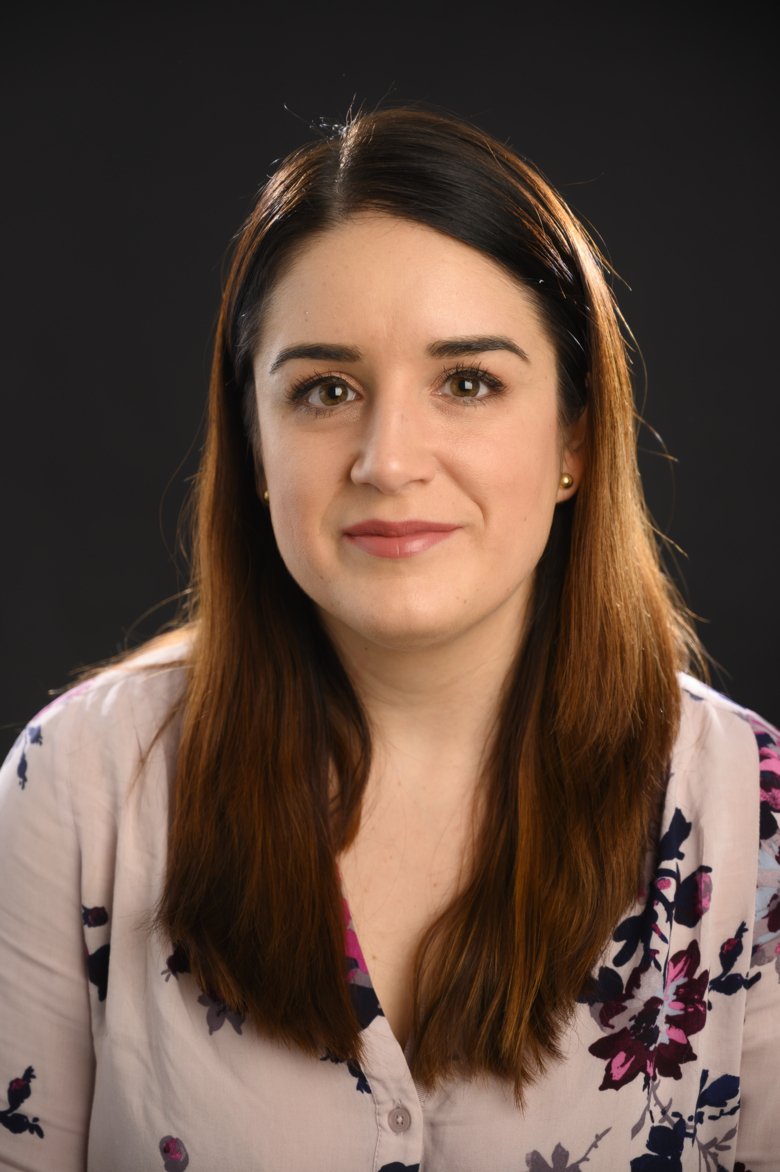Antibiotic prescribing by general practitioners in Malta is high and impacted by numerous factors

Hi there Erika Saliba Gustafsson, doctoral student at the Department of Global Public Health at Karolinska Institutet. On Monday 2 March you will defend your thesis. Tell us, what is your thesis about?
“My thesis sought to explore general practitioners’ (GPs’) views on antibiotic use and resistance in Malta and gain a better understanding of their antibiotic prescribing patterns for acute respiratory tract complaints, including the factors that influence their prescribing behaviour. It forms part of the formative research phase of a larger project called the Maltese Antibiotic Stewardship Programme in the Community (MASPIC), where we implemented a quasi-experimental multi-faceted social marketing intervention between 2017 and 2018 in Maltese primary care clinics to assess whether social marketing can influence GPs’ antibiotic prescribing for acute respiratory tract complaints."
"Malta has had one of the highest antibiotic consumption rates in Europe over the past decade, and sore throat as well as the flu are frequently reported by the public to be among the top reasons for receiving an antibiotic."

Antibiotic resistance is a leading global public health problem and complex challenge, driven by numerous factors. However, antibiotic use, misuse and overuse are key drivers of antibiotic resistance. Malta has had one of the highest antibiotic consumption rates in Europe over the past decade and sore throat and the flu are frequently reported by the public to be among the top reasons for receiving an antibiotic. Since most antibiotics are obtained through a medical prescription, antibiotics are likely overprescribed by doctors, which is why we believed that GPs are a suitable target group for interventions to improve antibiotic prescribing in Malta.”
What are the most important findings?
“We found that antibiotic prescription for acute respiratory tract complaints by GPs in Malta between May 2015 and April 2016 was high; 45.7% of cases received an antibiotic, of which almost all (84.3%) were for immediate use, whilst 15.7% were delayed antibiotic prescriptions. Moreover, the majority (99.6%) were broad-spectrum antibiotics.
Through qualitative interviews we described five qualitatively different ways that general practitioners perceive delayed antibiotic prescribing, to: (i) maintain a good GP-patient relationship, retain patients and avoid doctor-shopping, (ii) reach a compromise and provide treatment just in case, (iii) provide the patient comfort and reassurance, (iv) empower and educate patients, and limit antibiotic use, and (v) retain GP responsibility by employing a wait-and-see approach.
Surveillance data allowed us to identify several GP-, patient-, clinical- and consultation-level factors that are associated with GPs’ antibiotic prescribing. This was largely corroborated by qualitative evidence that showed that antibiotic prescribing is impacted not only by inherent GP factors but several other factors, including but not limited to, diagnostic uncertainty, patient demand, interaction with drug reps, availability of antibiotic prescribing guidelines and community resistance data, and access to diagnostic testing.”
How can this knowledge contribute to improving people’s health?
“Because of my thesis findings we were able to inform the implementation of a social marketing intervention which is currently being evaluated. My hope is to bring forward our key research findings and main recommendations to policy makers to drive change in the area. This will hopefully lead to a decrease in unnecessary antibiotic prescribing among general practitioners in Malta and as a result safeguard antibiotics for future generations.”
What are your plans? Will you continue to conduct research in some way?
“I will start working as a project manager and coordinator at Stanford University. Among other responsibilities I will be coordinating studies to evaluate health services interventions within various clinical settings.”
